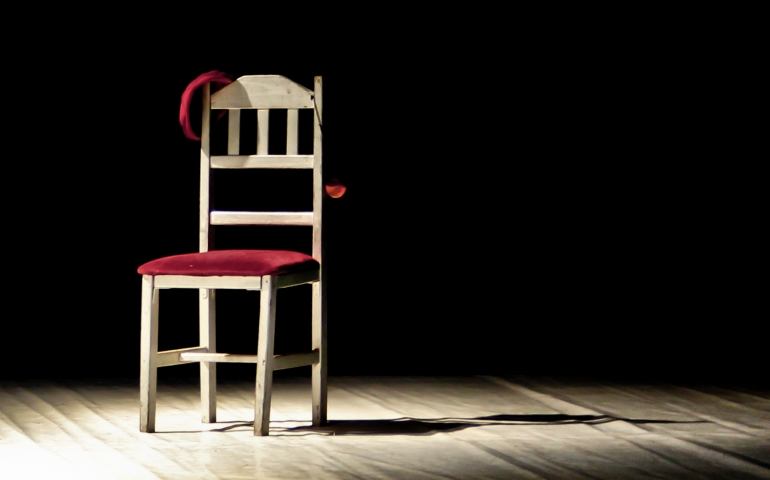Auditioning: Why Wasn’t I Cast?
Tony Targan
Auditions. We’ve all been there. Trying to channel your nervous energy into a productive adrenaline. Hoping to put your best foot forward. Wanting to make a great first impression. Anxiously waiting until your number is called. Finally, taking the stage for a minute or two, and giving it your best shot. Maybe you get another chance to read. Maybe even a callback. And then waiting … and waiting … and hoping and praying. Hopefully, you got the part, but more often than not, you didn’t. So, what went wrong? What, if anything, can you learn from this experience?
Here are my Five B’s: Auditioning lessons I’ve learned:
1. Be Prepared: Read the audition sides ahead of time, or try to get your hands on the full script. At a minimum, read the character descriptions, and be realistic about which part(s) you are best suited for. You’d be surprised how many people don’t have a clue what the play is about, and don’t know which character they want to read for. (Don’t be that guy or girl!) Unless they expect a prepared monologue, don’t worry about memorizing the sides. Even if you think you know it, keep the sides handy just in case. Of course, if it is a musical, you will want to have your audition song memorized.
2. Be Flexible: We all have our bucket list roles, but not everybody can be the lead. If you are flexible and realistic in your expectations, and willing to consider other roles, you give yourself a much better chance at being cast. And if you accept a “lesser” role this time and show what you can do, maybe you’ll get a bigger part next time. Or maybe not. But it’s always better to be in the show than on the sidelines. As Konstantin Stanislavski said: “There are no small parts, only small actors.”
3. Be Low Maintenance: Every interaction with the casting committee reflects on what kind of person and actor you will be. Nobody likes a diva, and everyone wants the drama left ON the stage. So, try not to ask for early auditions. Show up on time with your registration form already filled out. Don’t insist that the director consider you for roles that are contrary to the character’s description of age, gender, or race. (If the director has that vision, that’s great, but they will tell you.) And never, ever ask the casting committee, “How come she got to read more times than I did?
4. Be Big: Sing out, Louise! Show the auditors a big, loud, smiley, larger-than-life version of your character. I’m not saying to go way over the top, but do something that makes you memorable. Don’t just stand there; MOVE! Interact with the other actors on stage. Show people that you can take direction. It’s hard to become fully immersed in a character during a short audition. But you can be yourself! Draw from your own experience and you will be authentic and believable on stage, which is what most directors are looking for.
5. Be Gracious: Okay, so you didn’t get the part. Instead of wallowing in “Why me?” you might wonder “Why not?” What could I have done better or differently? Be introspective rather than trying to assess blame or make excuses. I once asked a director why I wasn’t cast and learned that even though I read well, I failed to interact with the other actor in the scene. But most directors are not open to having that uncomfortable discussion, and most of the time, they won’t have an answer that will satisfy you.
As Sky and Sarah sang in Guys & Dolls, it’s just “Chemistry.” Stage chemistry is not scientific, and it’s impossible to quantify. When casting, I literally get goosebumps when I hear people read or sing perfectly for their roles. I just know. So, even if you did nothing wrong, someone else might fit the director’s vision a bit better. I know that’s not a satisfying answer, but the best thing you can do is be thankful for the opportunity, not be a poor sport, and offer your congratulations.
And finally, go see the show! You might actually learn something from seeing the people that were cast.
